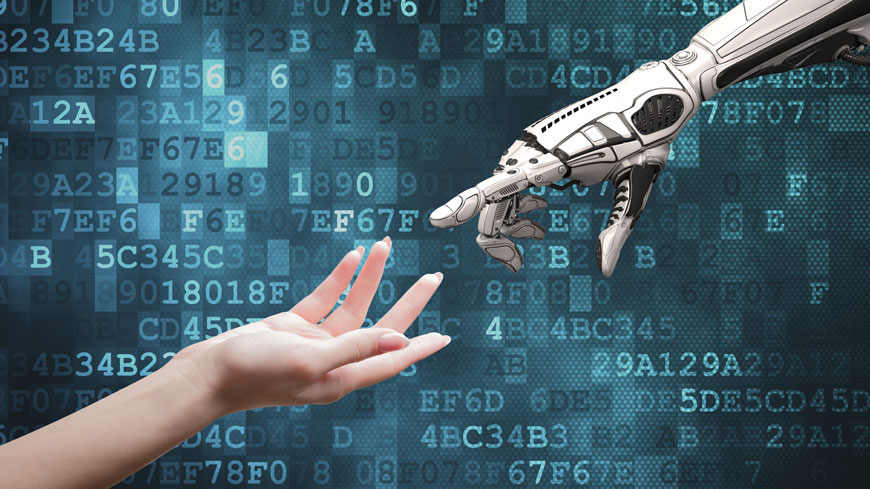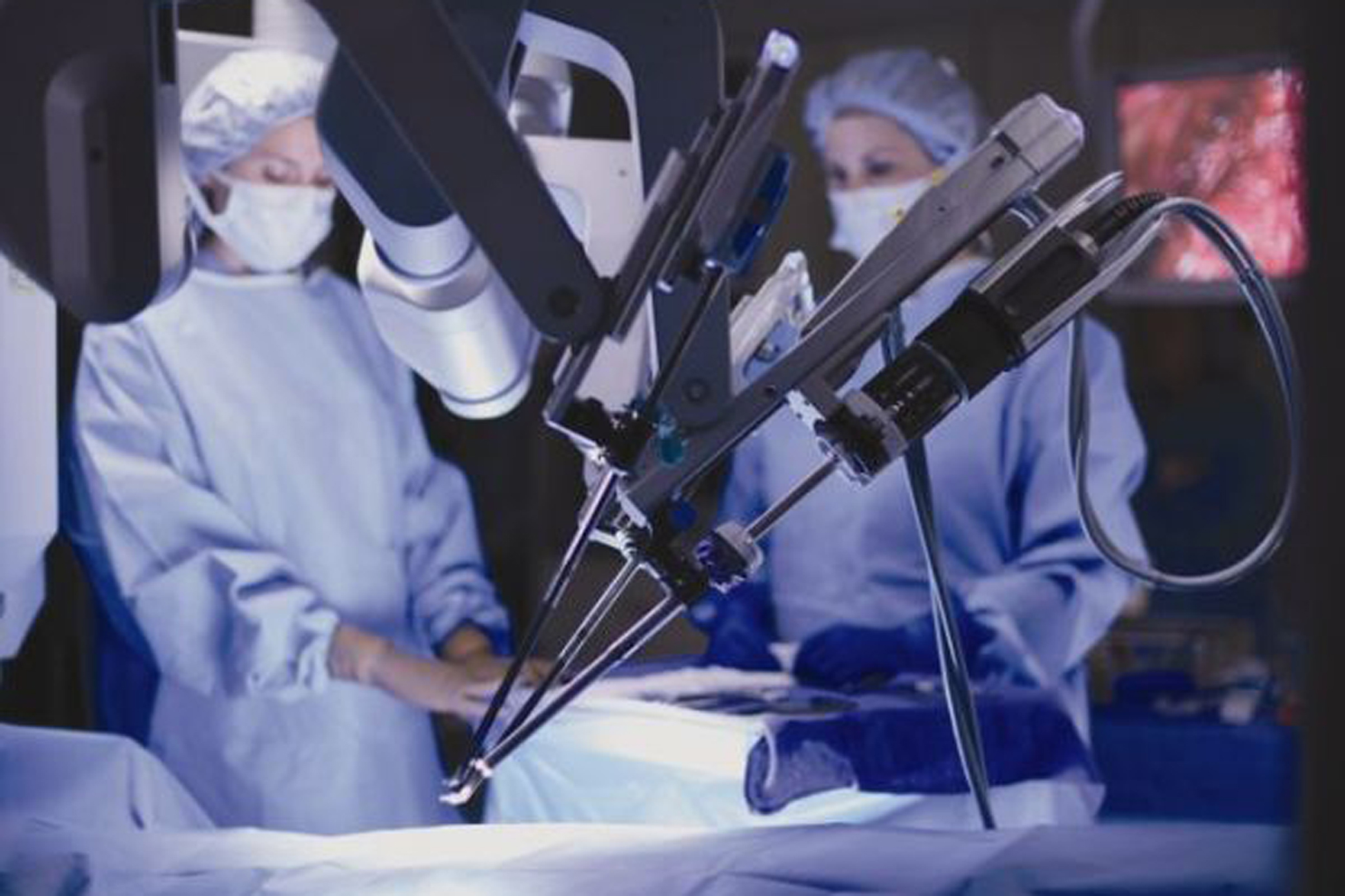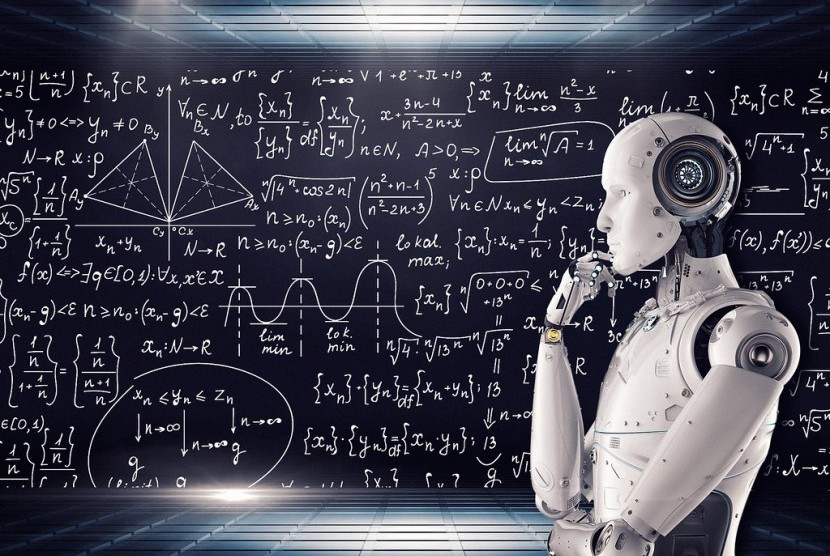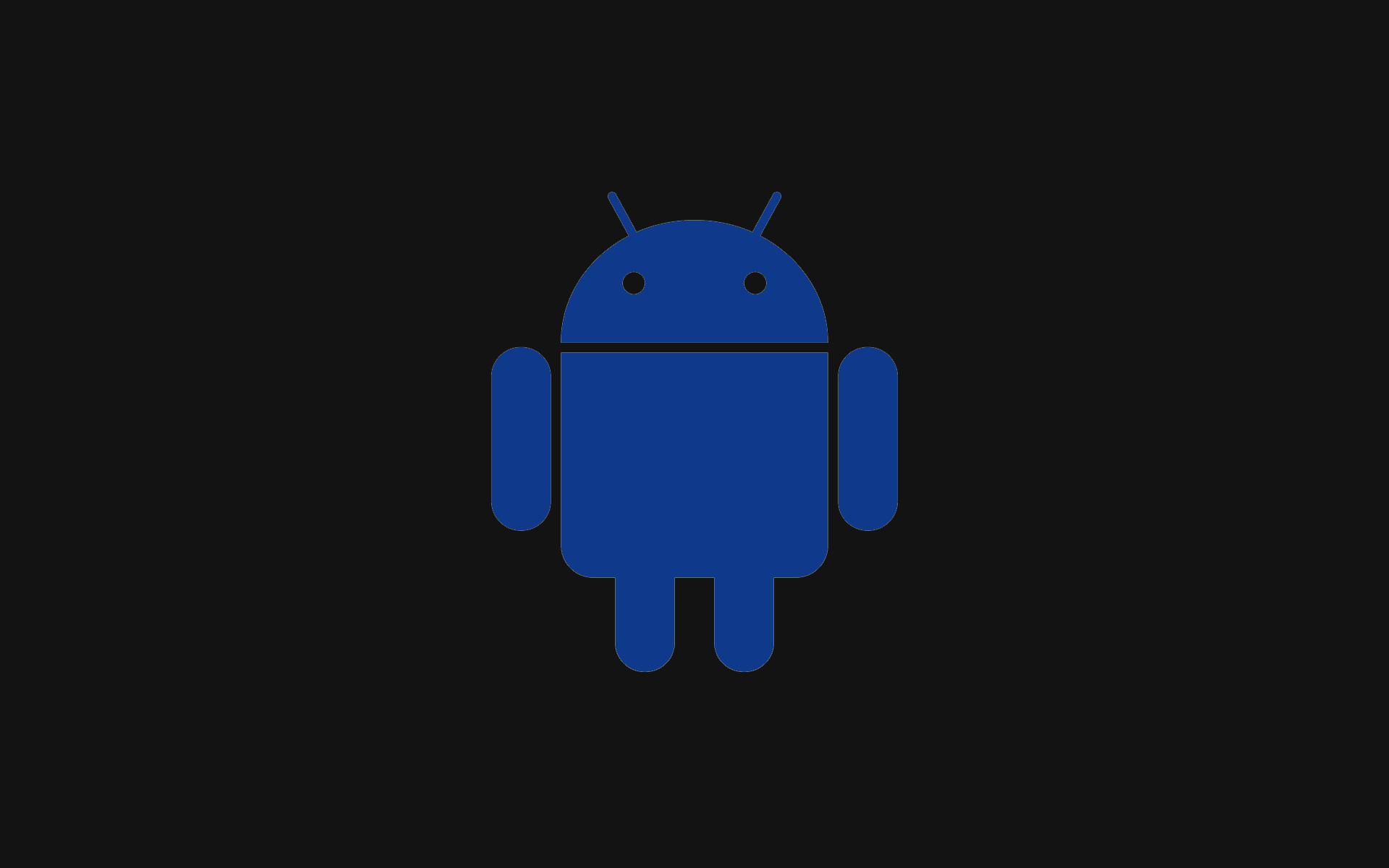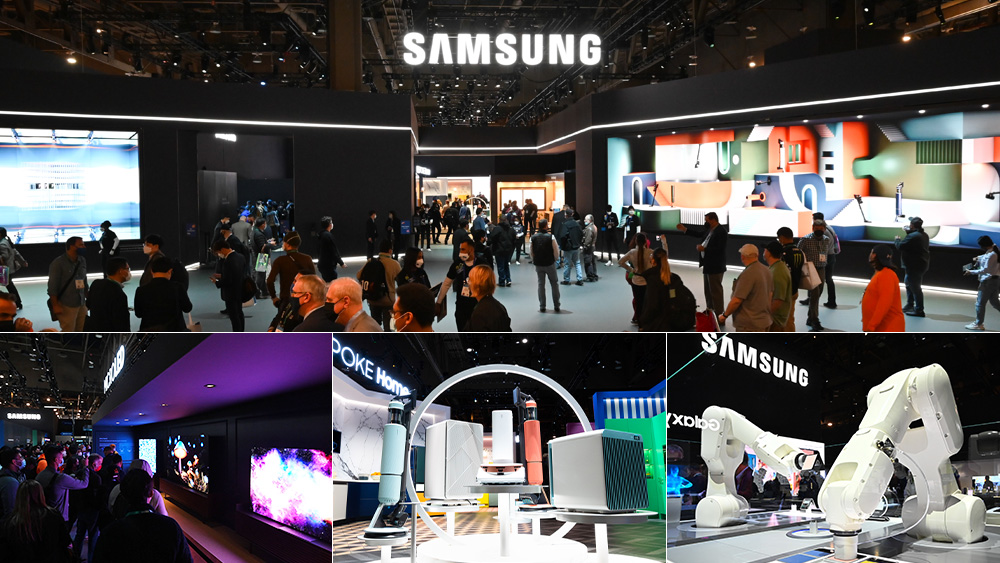It is undeniable that computers will take over essential elements in our life. We can see examples from around the world. In Rotterdam, a port was built to be entirely automated. In Boston, a company has built a robot that could mimic almost every human movement. But, should we really worry about computers taking over the world? What makes people so afraid about Artificial Intelligence?
Pop culture depiction
In Hollywood movies, it is often depicted that computer programs will oppress humanity. In the movie I, Robot for example, where a super-advanced Artificial Intelligence has gained consciousness and tried to eliminate humans. Or the movie Terminator, in which humanity is at constant war with robots. This overdramatized depiction of computers and AI is likely the primary cause of this fear.
The Artificial Intelligence depicted in sci-fi movies is very inspiring, even scary. However, it is far from being realized. As Gregory Chirikijian said, there is a lack of evidence showing AI has gained consciousness. The director of Johns Hopkins Whiting School’s Robot Laboratory then adds that our current computers are far from the capability of displaying consciousness, understanding, sentience, and creativity.
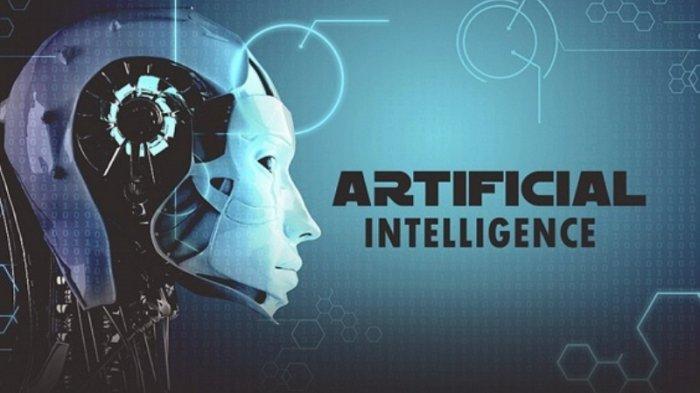
Computer consciousness
It is important to note that the concept of computer consciousness is far from being realized. This theory is demonstrated by the failure of the Human Brain Project (HBP) in 2013. This European Commission-funded AI research failed to replicate the human brain in a computer due to a simple fact: computers cannot operate like the human brain.
For instance, the human brain stores memory by using neural connections in an active process of correlating the subject with the environment. On the contrary, a computer stores its memory on short and long-term memory blocks. The human mind actively explores environmental cues to guide one action from another. Meanwhile, a computer determines its action through pattern recognition from previous learning.
These differences mean that it is impossible to replicate human consciousness in a computer. Perception is not solely created through sensory input and pattern recognition but a complex interpretation of different sensations.
The current state of AI
It is troubling that people tend to overlook the usefulness of AI as opposed to acknowledging the achievement. As reported in the 2021 Artificial Intelligence Index Report, AI has helped us on many different levels. Writing is one of them, as AI is currently able to generate organic articles that are indistinguishable from human writing. Though, I can 100% assure you that this article is written by a human.
Medical industries are another case of how AI can help humanity, especially during the COVID-19 pandemic. This is demonstrated by the development of an AI system that’s capable of diagnosing patients with the disease. Developed in Mount Sinai, New York, the AI was developed through algorithm training on more than 900 CT scans of Chinese COVID-19 patients’ lungs.
So, should you worry about computer AI taking over the world? Yes, but not in a negative way. With AI, every job that usually took days for a human to complete could be finished in a matter of hours. Therefore, the use of AI has created the possibility to increase human productivity in different sectors. Making life easier for us is different from dominating us. So, you don’t have to worry about your computer trying to kill you.

